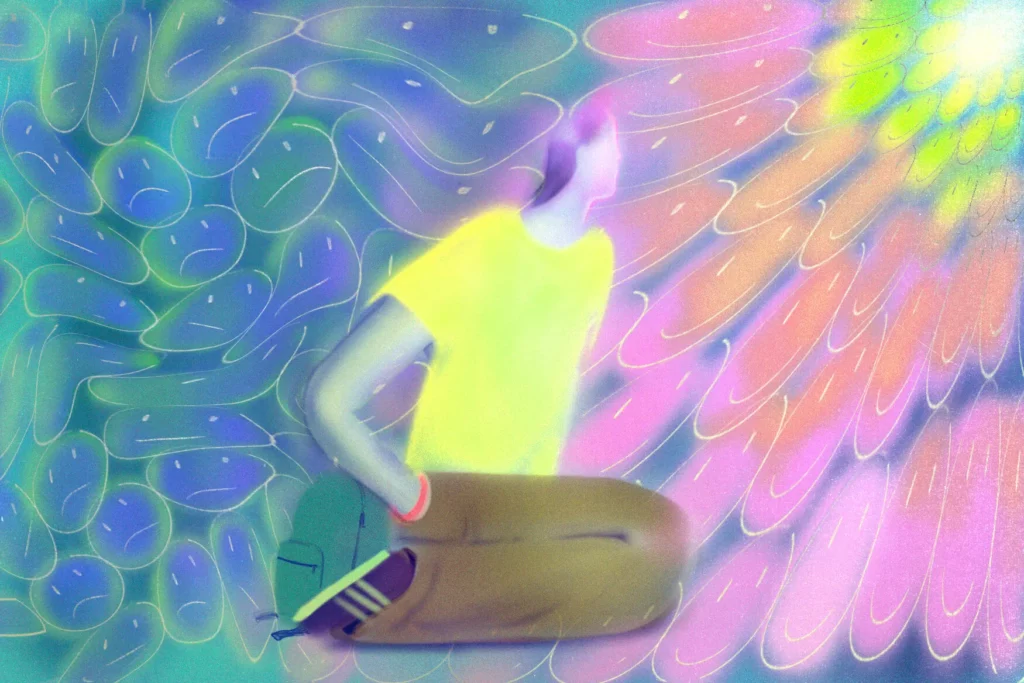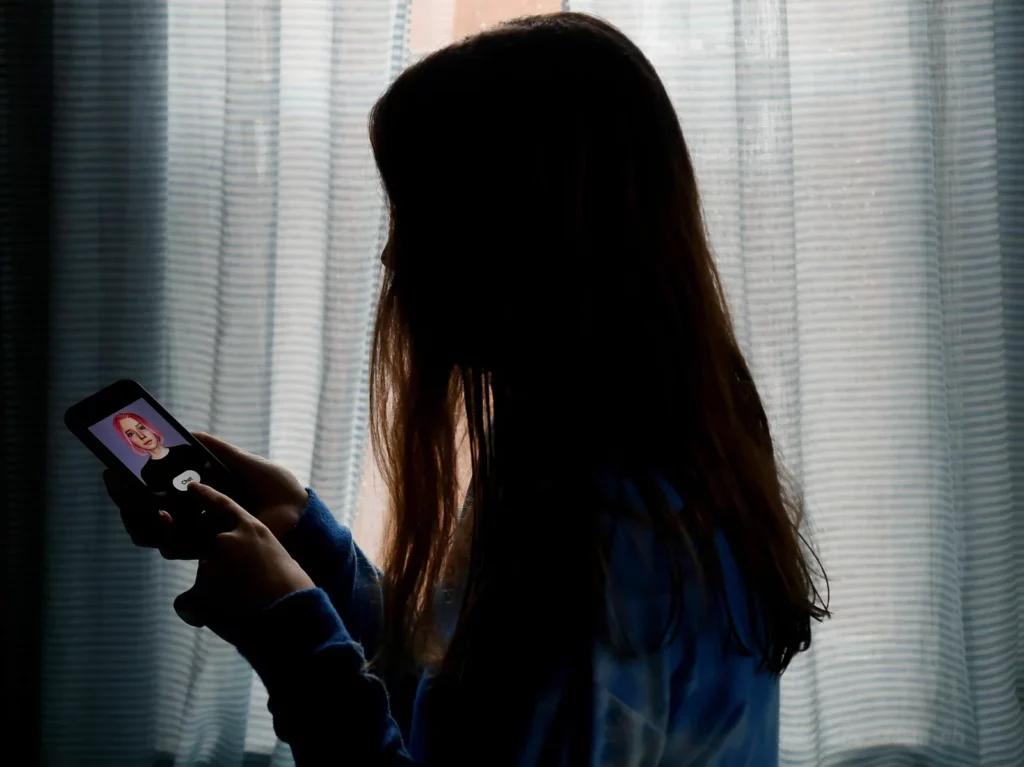
If you or someone you know is in crisis, call the Suicide and Crisis Lifeline at 988. Here are some other resources you may find useful.
For more information on navigating a crisis, see our Navigating a Crisis page.

Medical and Health Disclaimer: ShineTogether does not provide medical advice. All content on this website is for educational and informational purposes only. Please contact a medical professional if you are seeking medical advice, diagnoses, or treatment.
© ShineTogether. 2023. All rights reserved.







